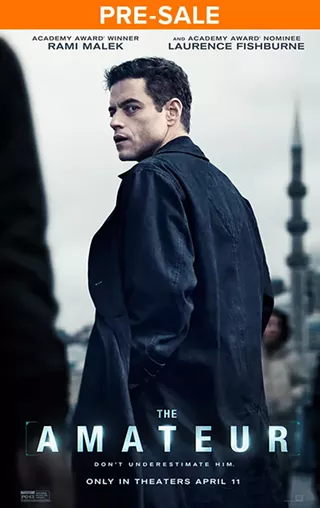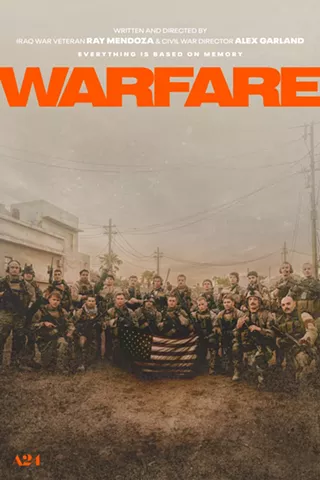Because, you see, the Schneider movie will not be funny, in spite of being labeled as "comedy." But what if you could make a stealth comedy--one that looks like a middlebrow drama, but is actually making fun of the very characters that populate such brain-dead pabulum?
Then you'd have made Door in the Floor, which winds up being so much funnier than the last seven Adam Sandler films that you'll be surprised to learn that no one in the cast is a former SNL player.
Well, not so much "surprised" as "relieved."
Basically, Door in the Floor starts out in middlebrow drama (MBD) mode: There is a children's book writer (a classic MBD character-type) who has lost his two sons in a car accident (cf. Ordinary People) and who has grown estranged from his wife (ibid). Into this couple's lives comes the fresh-faced, virginal, prep-school boy Eddie O'Hare.
Eddie, it seems, is a huge fan of writer Ted Cole, and has arranged to work for him as an intern or driver or catamite or something during the summer.
While Eddie drives Teddy around town, he also spends a lot of time lusting over Mrs. Cole's underwear. It's some nice underwear, but for Eddie, it means something more: It means a good chance to be caught masturbating.
Strangely, Mrs. Cole is not only flattered that Eddie finds her underwear attractive; she also decides that Eddie is in dire need of de-virginizing, and so they begin what, in movie terms, is coyly referred to as "super-hot monkey love."
Blah, blah, blah. That's all plot, and it's all pretty standard, from Summer of '42 to That Sad Movie Where the Family Talks About Their Feelings. But Door in the Floor is not one of those movies. It's a movie about how insipid the characters in those movies are.
At first, Ted Cole seems like exactly the kind of pompous hole-wipe who, in ordinary MBDs, is supposed to be deep and morally complex. But then he starts repeating his calculatedly deep phrases, and it becomes clear that he's merely acting like one of those characters. In fact, he's an incredible asshole, and he knows it.
And once that becomes obvious (about 15 minutes into the film), everything becomes hilarious. Writer/director Tod Williams has written one of the most subtle and cruelly comic scripts in years, one whose lines aren't funny out of context, but which acquire their humor from everything that has gone before them in the film.
That sort of script can't succeed without perfect delivery, and it is here that Jeff Bridges, as Ted Cole, excels. He never winks or gives anything away--at least, not until the more slapstick sequences later in the film, and by that point, it seems appropriate.
But in the beginning, when he walks around naked in front of Eddie, his young charge (Jon Foster, who is perfectly nervous in the role), it's not clear if he's simply at ease with himself, if he's a bit crazy, or if he's testing Eddie's capacity to stand next to a naked old man. And when he says things like, "I'm just a man who likes to tell stories and draw pictures," you can't quite tell if he knows how pretentious he's being, at least at first.
Kim Basinger plays Marion Cole, Ted's wife, and her performance seems to come more from an unreflective MBD, but her sincerity is probably a necessary counterpart to Bridges' understated bluster. She also looks great in the role, which, while not exactly a testament to her fine acting, is a testament to her fine genetics, considering that she's 50 years old, yet it's perfectly clear why young Eddie O'Hare is attracted to her.
Sadly for Marion, her husband is not so attracted to her, and he spends his time using his writer's cred to pick up on lonely, wealthy, beach-dwelling socialites in order to enjoy the process of slowly humiliating them. Mimi Rogers, perhaps best known as the former Mrs. Tom Cruise, gives a courageous performance as one of Cole's victims and provides for some of the funnier sequences late in the film.
The rest of the cast is largely decent, but this movie belongs to the script and to the sick, calculated and deliciously evil performance of Jeff Bridges. I think his work here is so layered that it will pass the average viewer by. There's no Academy Award waiting for this kind of acting, and I doubt the Academy will recognize the script, mostly because it mocks the kind of movies that the Academy likes to reward. Still, this is definitely worth seeing, especially if you, like me, find nothing more egregious than the thought that somewhere, someone is writing a script for The Hours 2: Two More Hours.









